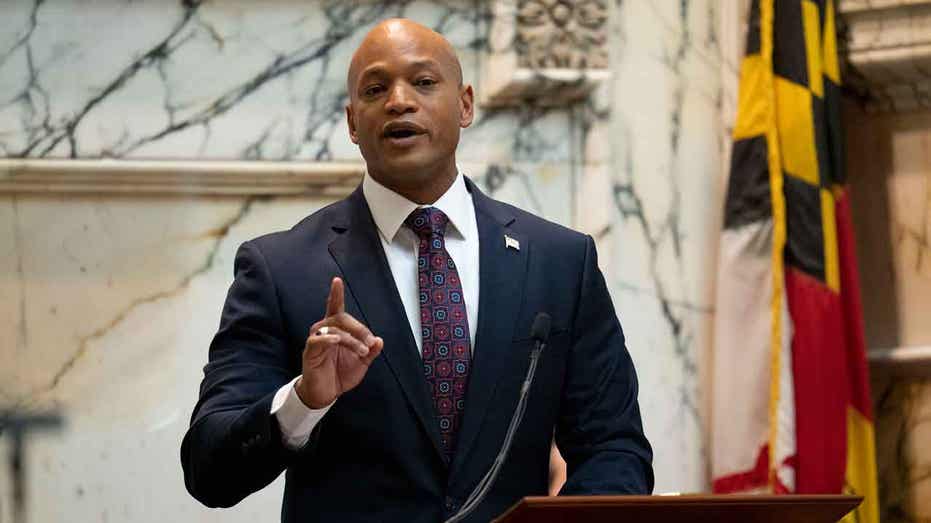Maryland Bill Proposing Slavery Reparations Commission Heads to Governor's Desk

Sarah Johnson
April 4, 2025
Brief
Maryland advances a bill to establish a commission on slavery reparations, considering options like financial compensation, apologies, and social support, as Governor Wes Moore weighs his decision.
Maryland is making waves in the racial justice arena as a bill proposing a commission to study and recommend slavery reparations advances to the desk of Governor Wes Moore. The measure, passed by the state legislature with a decisive 101-36 vote, now awaits Moore's decision. While the governor has yet to commit to signing the bill, he has expressed a willingness to “consider it.”
The proposed reparations include a wide-ranging menu of options: from official apologies to monetary compensation, property tax rebates, and social service assistance. The latter covers everything from down payment support for homes and business incentives to debt forgiveness and college tuition waivers. In short, it’s a bold attempt to address centuries-old injustices with tangible solutions.
The bill, championed by the Legislative Black Caucus of Maryland, also aims to investigate the ongoing effects of racial discrimination. Baltimore County Delegate Aletheia McCaskill succinctly summarized the vision behind the commission: "The commission will carefully examine and evaluate a range of reparations proposals that will not only consider financial restitution but will also explore strategies to support and uplift vulnerable communities that continue to suffer the lingering and evasive effects of discriminatory practices rooted in systematic racism." Well said, Delegate McCaskill—sounds like quite the ambitious but necessary undertaking.
Governor Moore, Maryland's first Black governor, acknowledged the state's historical struggles with racism, remarking that its impacts are "still very much being felt" and are "structurally felt." However, he also noted the state’s challenging budgetary conditions, hinting at potential fiscal hurdles in implementing reparations. A classic case of ideals clashing with economic realities, perhaps?
Maryland isn’t alone in this effort. California and New York City have taken similar steps recently. California’s legislation included formal apologies and compensation for families whose property was unjustly taken, while New York City passed laws exploring reparations for descendants of slaves. Clearly, Maryland is joining a growing chorus of states grappling with how to reconcile historical wrongs with present-day accountability.
Whether Governor Moore signs the bill or not, the discussion around reparations is gaining momentum—and not just in Maryland. The question now is how states can balance moral imperatives with financial feasibility. If this bill passes, it could set a precedent for others to follow—or spark a fiery debate about whether reparations are the right path forward.
Topics
Editor's Comments
This is one of those bills that could either be a groundbreaking step forward or just another piece of legislation stuck in limbo. It’s encouraging to see Maryland tackling systemic racism head-on, but let’s not forget the elephant in the room—budget constraints. Reparations sound amazing on paper, but how will they play out in a state already grappling with economic challenges? If anything, it’s a reminder that justice often comes with a hefty price tag.
Like this article? Share it with your friends!
If you find this article interesting, feel free to share it with your friends!
Thank you for your support! Sharing is the greatest encouragement for us.



